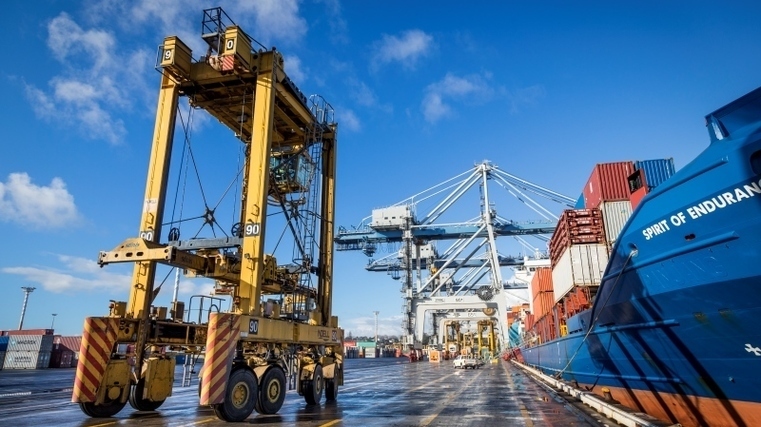Tony Gibson found guilty

Tony Gibson, Port of Auckland’s former chief executive officer, has been found guilty in relation to the death of a stevedore.
Pala’amo (Amo) Kalati, a father of seven, died in August 2020 at the Fergusson Container Terminal.
Maritime NZ subsequently filed two alternative charges against Gibson under the Health and Safety at Work Act 2015 (HSWA) alleging a breach of his duties as an officer.
Kalati was killed while loading containers on a ship berthed at the port. Before the incident, the 31-year-old and a colleague were working on board as lashers discharging cargo from the MV Constantinos P.
A crane was operating next to them. It was lifting off pairs of containers. A third container was accidentally lifted as well, which detached and fell onto Kalati.
Judge Steve Bonnar KC found that by failing to comply with his duty under section 44 to exercise due diligence to ensure Port of Auckland Ltd (POAL) complied with its duties under the HSWA, Gibson exposed its stevedores to a risk of death or serious injury, namely, the risk of being struck by objects falling from operating cranes.
The company was also charged and previously pleaded guilty to two charges under section 48 of the act and fined $561,000 late last year.
Kirstie Hewlett, director of Maritime NZ, hopes the decision will provide closure for Kalati’s family, and clarify the health and safety role that senior officers have in large businesses.
“The law Gibson was prosecuted under was introduced following the Pike River tragedy to ensure officers of large companies take responsibility for the health and safety of their workers,” says Hewlett.
“We hope this result provides useful case law and clarification around obligations, and helps prevent future tragedies.”
This case signals the first time an officer of a large company had been charged under the HSWA for a breach of health and safety duties.
Hewlett adds: “Once we have time to considered the judgement, we will work with WorkSafe NZ and the Institute of Directors to see whether the insights in the case could be used to further support those in officer roles.
“It is important to recognise that many officers take health and safety seriously. This case was only taken after considering the harm caused, compliance history on the port and broader public interest.
“As with any case, it’s important to understand the facts are specific to the case and what a reasonable chief executive would do in that situation.”
A spokesperson for POAL says the company has made “significant safety and wellbeing changes over the past few years”.
These have included creating a dedicated health and safety committee at board level, lifting its lead health, safety and wellbeing role to the executive team, and implementing the recommendations independent safety reviews suggested.
“While the port has come a long way and seen significant turnaround in safety culture and reduced incidents, we continue to strive to become a safer workplace. This judgement reinforces that safety is everyone’s responsibility and should be a focus for everyone at every level of an organisation.”
Gibson could face a fine of up to $300,000. He may appeal the decision. His lawyer John Billington KC has yet to clarify Gibson’s position on appealing that and he is unable to comment further because of that.
Judge Bonnar says Gibson was aware of safety problems at the port when releasing his reserved decision on November 27, six months after the trial ended, but was not entirely to blame for Kalati’s death. “There may be multiple people who could have intervened to prevent a risk arising.”
However, the judge says he was ultimately responsible for health and safety, and was tasked with several crucial health and safety responsibilities. Gibson was also responsible for monitoring and reviewing the performance of his staff and port systems.
Judge Bonnar notes Gibson was “hands on” in relation to health and safety issues. “He was aware of the lack of timely response by POAL to recommended improvements to accountability, monitoring and reporting, including reporting incidents, near misses and non-compliance.
“He was on notice of POAL’s ongoing difficulties in adequately monitoring work as done and of the need for improvement of monitoring of the night shift.”





